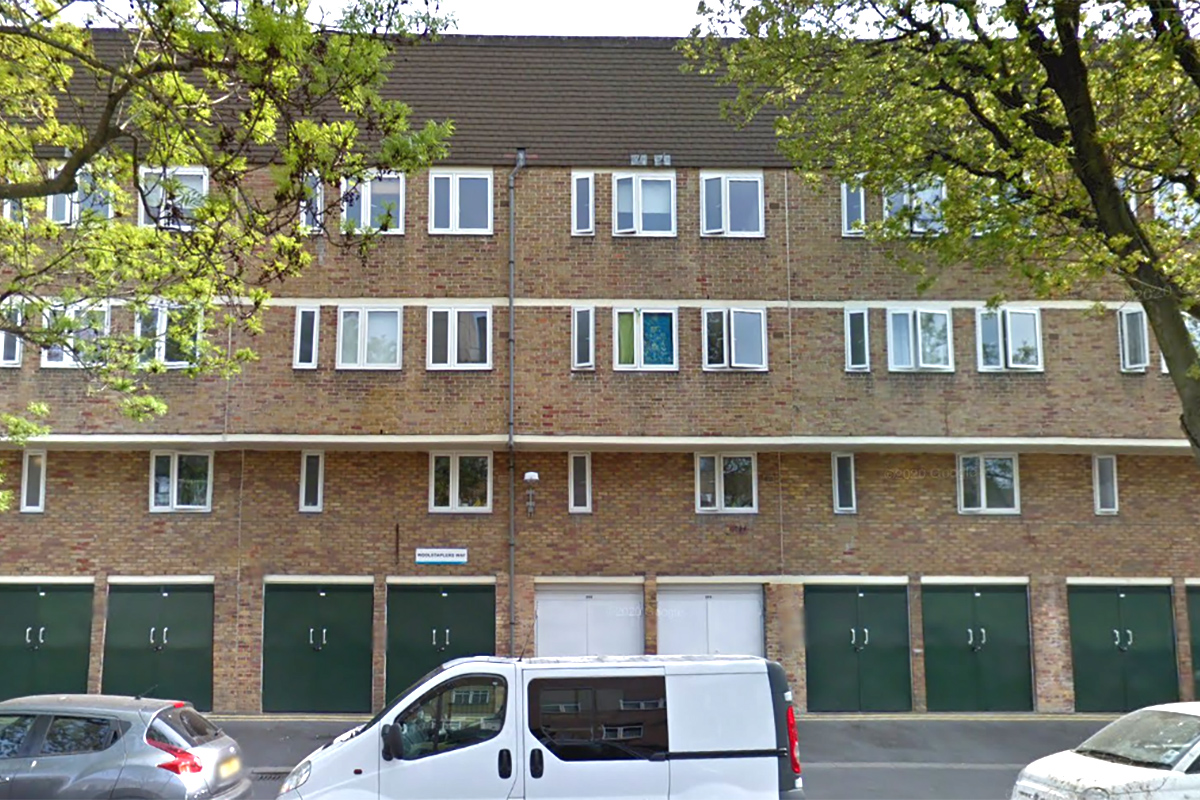You are viewing 1 of your 1 free articles
Social housing rent arrears hit record £1bn
Rent arrears in the social housing sector have exceeded £1bn during the COVID-19 pandemic, data has revealed.

Figures collected by HouseMark showed a 30% increase in outstanding rent arrears since March 2020, with forecasts suggesting that arrears levels may not return to pre-pandemic levels until March 2022.
Many renters have faced extreme financial hardship as a result of the repeated lockdowns that have been put in place throughout the pandemic.
The increase equates to an additional £300m in arrears since March, which contributed to the record total of £1bn. The data is based on figures from 104 social housing providers for the month of December 2020, with trend data since March 2020.
Laurice Ponting, chief executive of HouseMark, said: “As we reflect on 10 months of the pandemic, our UK sector-wide monthly impact analysis has established a clear link between lockdown measures and arrears.
“When the tier system was introduced, our October analysis showed that those areas operating with tougher restrictions reported average arrears levels 40% higher than their counterparts and, in some cases, landlords reported a 100% increase. Urban areas with higher levels of deprivation are also being disproportionately affected.
“Landlords are facing increased operating costs against a backdrop of complex challenges. We are working closely with our members and the wider sector to contextualise the impact of the pandemic and provide the on-time insight and forecasts they need to take mitigating action with confidence.”
The findings come as housing bodies have written to work and pensions secretary Thérèse Coffey urging the government to maintain the £1,000-a-year increase to Universal Credit beyond the end of March.
Another recent survey by HouseMark estimated that the social housing sector has lost around £31.5m in income due to the drop in lettings activity during the pandemic.
Sign up for our tenancy management newsletter
Already have an account? Click here to manage your newsletters












